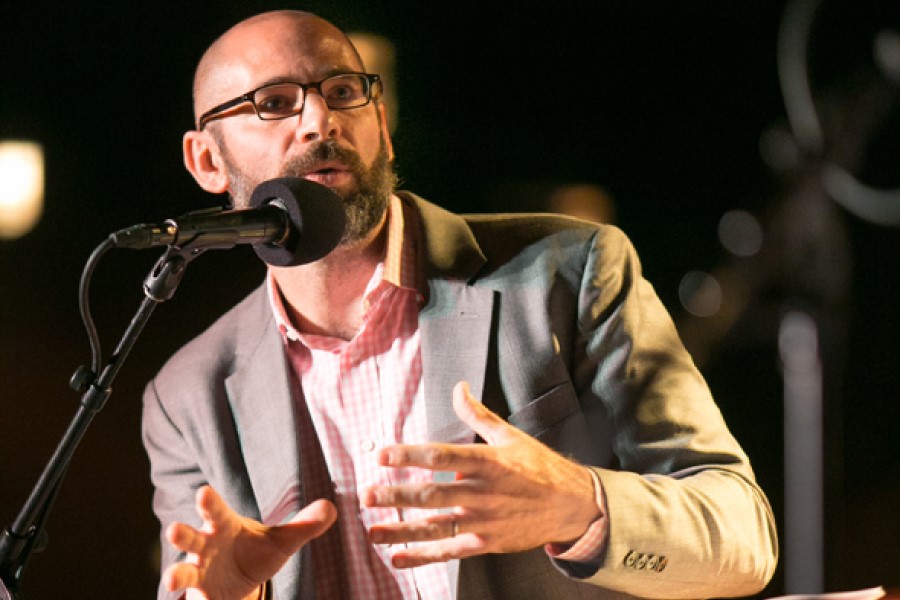Dean’s Lecture Series

David Plotz, 9/28/23 Speaker (Photo Credit: Steve McFarland)
The University of Maryland College of Information (INFO) Dean’s Lecture Series brings together leaders in information and technology with community members to foster dialogue about critical issues at the intersection of people, information, and technology.
This series is an integral part of the college’s mission to promote learning, stimulate curiosity, spark innovative research, and create connections that increase our ability to improve lives and opportunities for people through information.
These free events are open to UMD faculty, staff, students and alumni, as well as professionals, researchers and community members interested in information science.
Upcoming Dean’s Lectures
The Dean’s Lecture Series has finished for the 2024-2025 academic year. Thank you to everyone who attended a lecture! You can view past events below. Next academic year’s Dean’s Lecture Series linup will be posted here in Fall 2025. You can also find these and other INFO events on the INFO Events Calendar.